July 9, 2025
The new issue of Works magazine is available for you to read here
 Bigger and better than ever, the digital edition of the new issue of Works magazine is available for you to read for free. Print copies will be in the post soon. In this issue: we speak with Jonathan Hindle and Craig Jones, two stalwarts of the UK office design scene who continue to pioneer new ideas; our round table considers the challenges that arise when projects seem to cross the lines of professional demarcation and what happens when high profile examples such as The Elizabeth Line win awards outside of their supposed domain; we profile two projects that prove there is life in business districts yet; we showcase the latest winners of the Design Guild Mark; look at office trends in the thriving Polish economy; Rob Kirkbride reports from Chicago Design Week, as its two competing centres threaten to tear it apart; look back on Clerkenwell Design Week now the dust has settled; and there are all the regular features, news and commentary you need.
Bigger and better than ever, the digital edition of the new issue of Works magazine is available for you to read for free. Print copies will be in the post soon. In this issue: we speak with Jonathan Hindle and Craig Jones, two stalwarts of the UK office design scene who continue to pioneer new ideas; our round table considers the challenges that arise when projects seem to cross the lines of professional demarcation and what happens when high profile examples such as The Elizabeth Line win awards outside of their supposed domain; we profile two projects that prove there is life in business districts yet; we showcase the latest winners of the Design Guild Mark; look at office trends in the thriving Polish economy; Rob Kirkbride reports from Chicago Design Week, as its two competing centres threaten to tear it apart; look back on Clerkenwell Design Week now the dust has settled; and there are all the regular features, news and commentary you need.




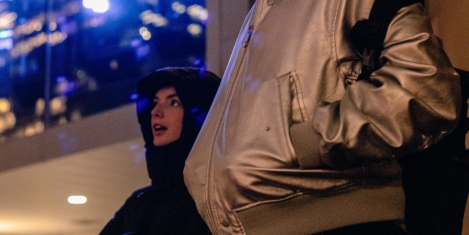
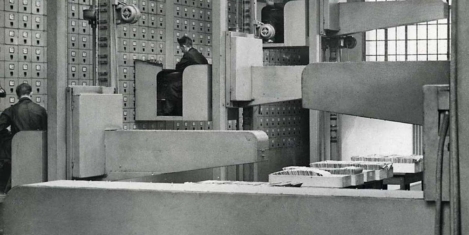
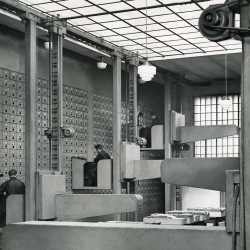
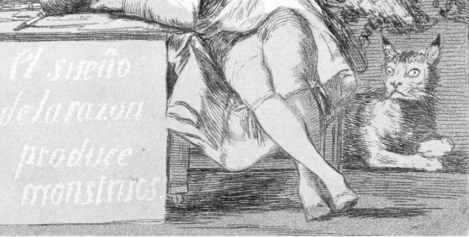
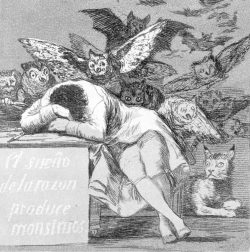

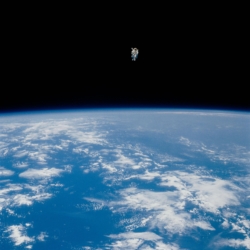
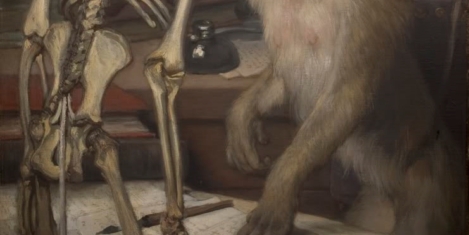
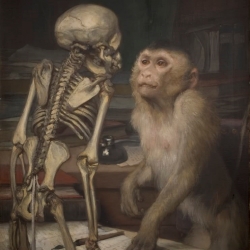

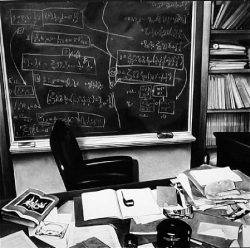
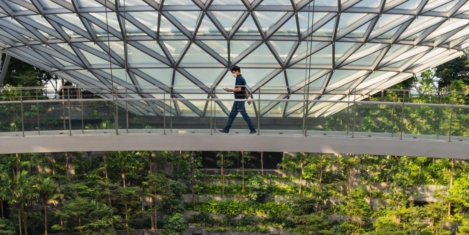
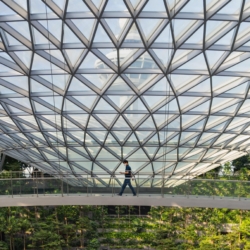
















June 27, 2025
Navel gazing may not be the answer to the challenges facing workplace professions
by Mark Eltringham • Comment, Facilities management, Workplace, Workplace design
An adherence to strongly held beliefs can make people think and behave in peculiar ways and get them tangled up in peripheral issues that take on a great deal of significance. Early religious artists, for example, spent centuries wrestling with the seemingly intractable problem of whether to depict Adam and Eve with belly buttons or not. (more…)